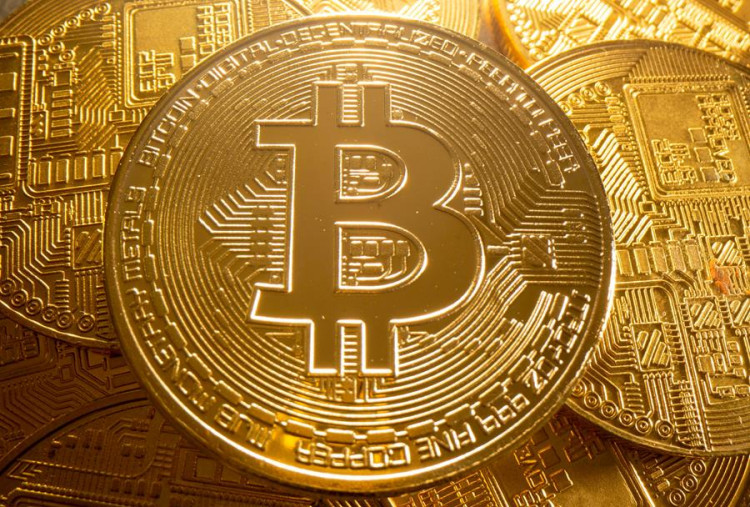Under new draft guidelines, the Philippine Securities and Exchange Commission (SEC) seeks to include cryptocurrencies in its jurisdiction and strengthen its authority over the local cryptocurrency industry.
The SEC in a statement said the draft rules will operationalize a recently enacted bill and provide it with "rule-making, surveillance, inspection, market monitoring, and more enforcement powers."
According to a report in the Manila Bulletin, the securities regulator has submitted draft rules relating to financial products and services for public comment, which include cryptocurrencies and digital financial products.
The guidelines broaden the definition of a security to include "tokenized securities products" as well as other financial products based on blockchain or distributed ledger technology (DLT).
Other financial products, including digital financial products and services accessible and delivered through digital channels, as well as their providers, will be subject to the SEC's authority.
Similarly, the capacity to enforce securities legislation has been expanded. The SEC would have the authority to prohibit service providers from charging excessive interest, fees, or charges.
The regulator would also have the authority to disqualify or dismiss directors, executives, or any other employee who violated the laws. It might potentially put a company's entire business on hold.
According to local laws, the SEC, the Philippines' central bank, and the nation's insurance regulator may all develop rules to supplement relevant laws. The SEC may also adopt its own rules for the application of laws under its purview.
The most recent development continues the regulator's stern campaign against cryptocurrencies.
The Philippine government cautioned local investors against using unregulated crypto exchanges at the height of the FTX collapse.
The SEC warned the public not to use any local cryptocurrency exchanges that are not registered. The SEC warned against "the recent collapse of a large international cryptocurrency exchange," without specifically mentioning FTX.
The government body reaffirmed, citing existing law, that any entity wanting to conduct business in the country must register with the SEC.
According to the SEC, a number of exchanges are targeting Filipino investors through web and social media ads. The government agency also stated that the exchanges are currently "illegally" allowing Filipinos to access their platforms and open accounts online.
The report said these exchanges "offer various products and schemes that are high-risk and sometimes fraudulent."






